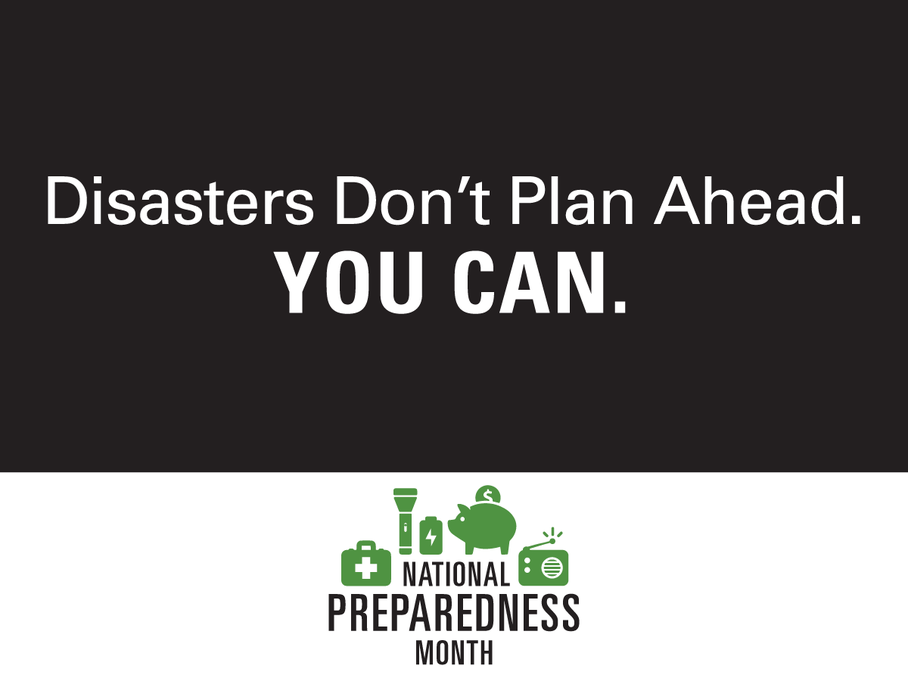Learn lifesaving skills during National Preparedness Month
Published 12:33 am Saturday, September 15, 2018
To The Leader
AUSTIN, Texas — As a potential cyclone develops in the Gulf of Mexico, the National Preparedness Month campaign reminds us the most important thing to protect in a disaster is your life and the lives of those around you.
A trough of low pressure currently in the western Gulf of Mexico has a 50 percent chance of developing into a cyclone, the National Hurricane Center estimated today. The weather system is expected to reach the western Gulf coast tomorrow morning. Regardless of how the system develops, heavy rain and gusty winds are expected in parts of Texas and Louisiana. To keep track of storm development in the Gulf, visit www.hurricanes.gov.
National Preparedness Month emphasizes many steps you can take to prepare for a storm such as this. Now in its second week, the campaign is focusing on the importance of lifesaving skills like first aid, CPR, fire prevention and utility management.
This week also includes the 2018 National Day of Action on Saturday, Sept. 15. Weather permitting, this will be a great day to join people across the country in learning a lifesaving skill, training others for disaster preparedness or volunteering to help people affected by a catastrophic event.
When a potential disaster approaches your home, you can help keep your loved ones safe by shutting off your gas, water and electricity. Failure to do so can result in fires and explosions, pollution of your water supply and drainage from your home of life-sustaining water.
Different gas meters have different shut-off procedures, so it is important to contact your local gas company for guidance. Never attempt to turn the gas back on yourself; that is a job for a professional. When shutting down your electricity, always shut off all the individual circuits before shutting off the main circuit. For more information on taking care of your utilities, visit www.ready.gov/safety-skills.
Making sure your home has functioning smoke alarms and carbon monoxide detectors on every level, and at least one fire extinguisher, is one of the simplest ways to protect your family. Test your alarms monthly and contact your local fire department for extinguisher training.
To prevent fires from starting, stay in the kitchen when cooking, position barbecue grills at least 10 feet from flammable materials and keep children away from cooking areas. Also immediately replace any worn or damaged appliance cords, and do not run cords under rugs or furniture. For more fire safety tips, go to https://go.usa.gov/xPr24.
If you’re in an area that is prone to floods or earthquakes, there are steps you can take to protect your home from their impact. You can learn flood-mitigation techniques at https://go.usa.gov/xPr2C and https://go.usa.gov/xPrZY, and earthquake-protection measures at https://go.usa.gov/xPr2Y.
No matter how well you prepare for disaster, you can’t guarantee your loved ones won’t get hurt. If someone does get injured, you can increase their chance of survival or full recovery by applying the skills learned in a basic first aid and CPR course. Your local chapter of the American Red Cross can provide information on available courses.
For further information on Hurricane Harvey and Texas recovery, visit the Hurricane Harvey disaster web page at www.fema.gov/disaster/4332, Facebook at www.facebook.com/FEMAharvey, the FEMA Region 6 Twitter account at www.twitter.com/FEMARegion6 or the Texas Division of Emergency Management website at https://www.dps.texas.gov/dem.






